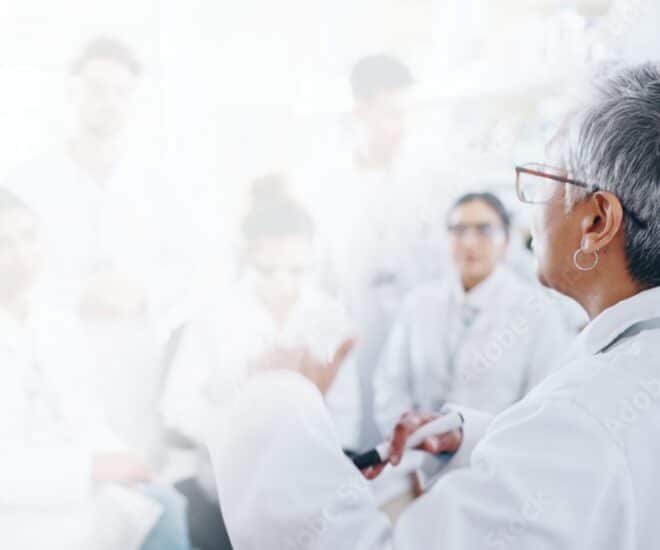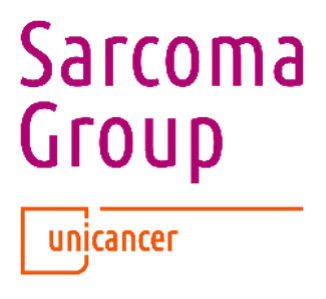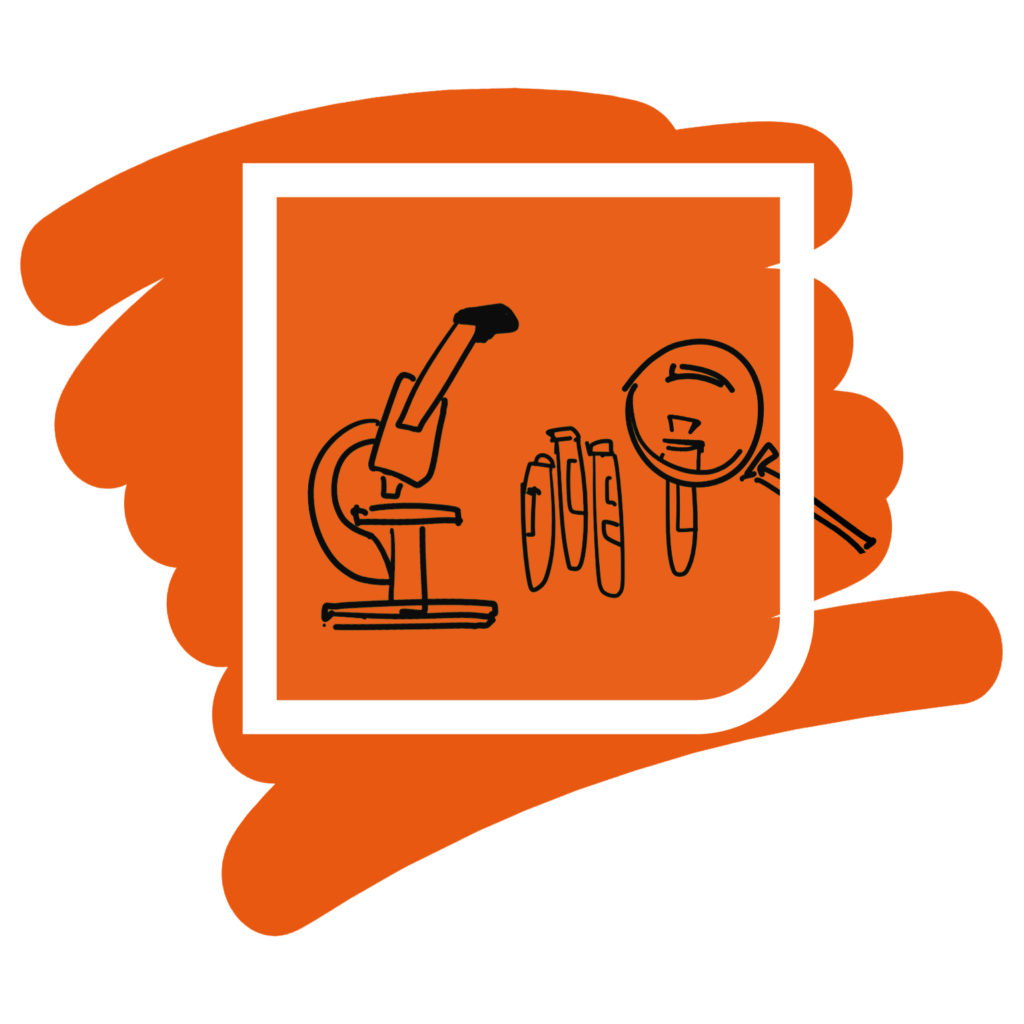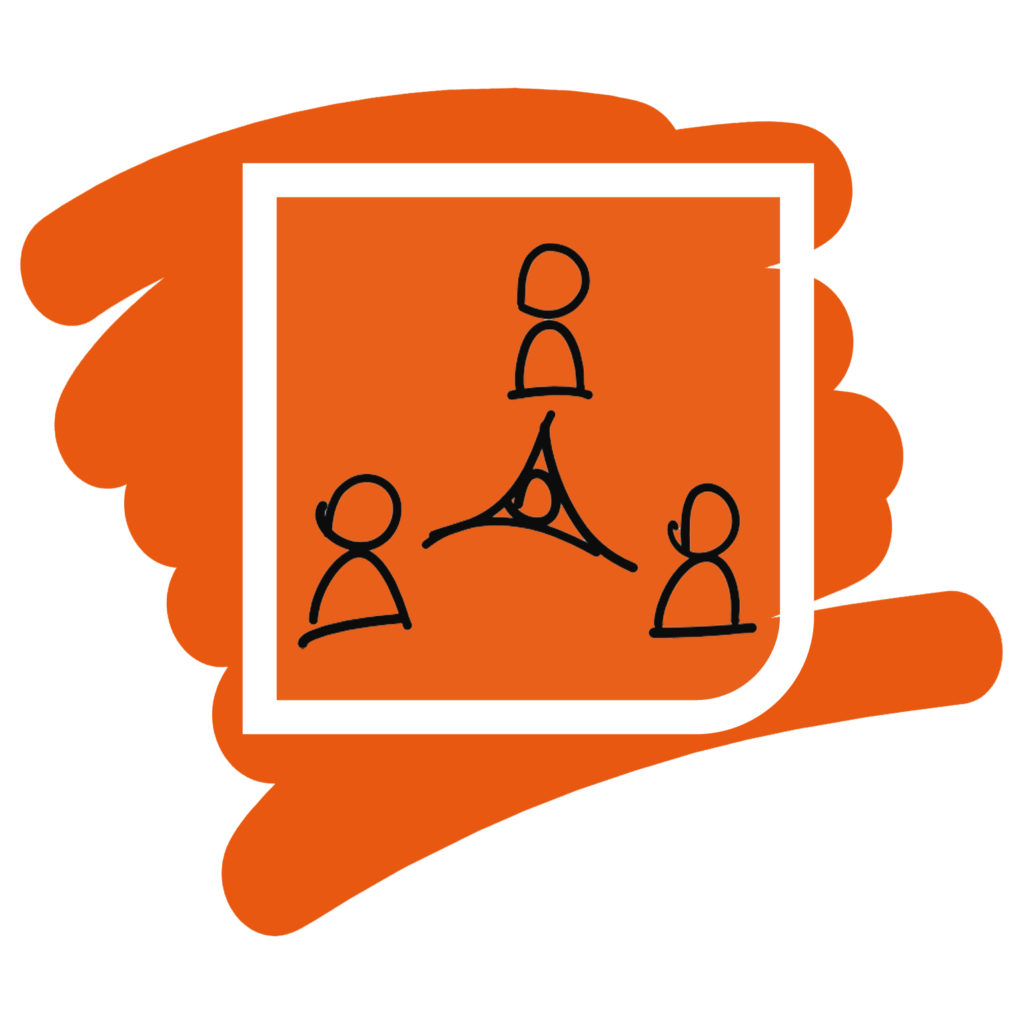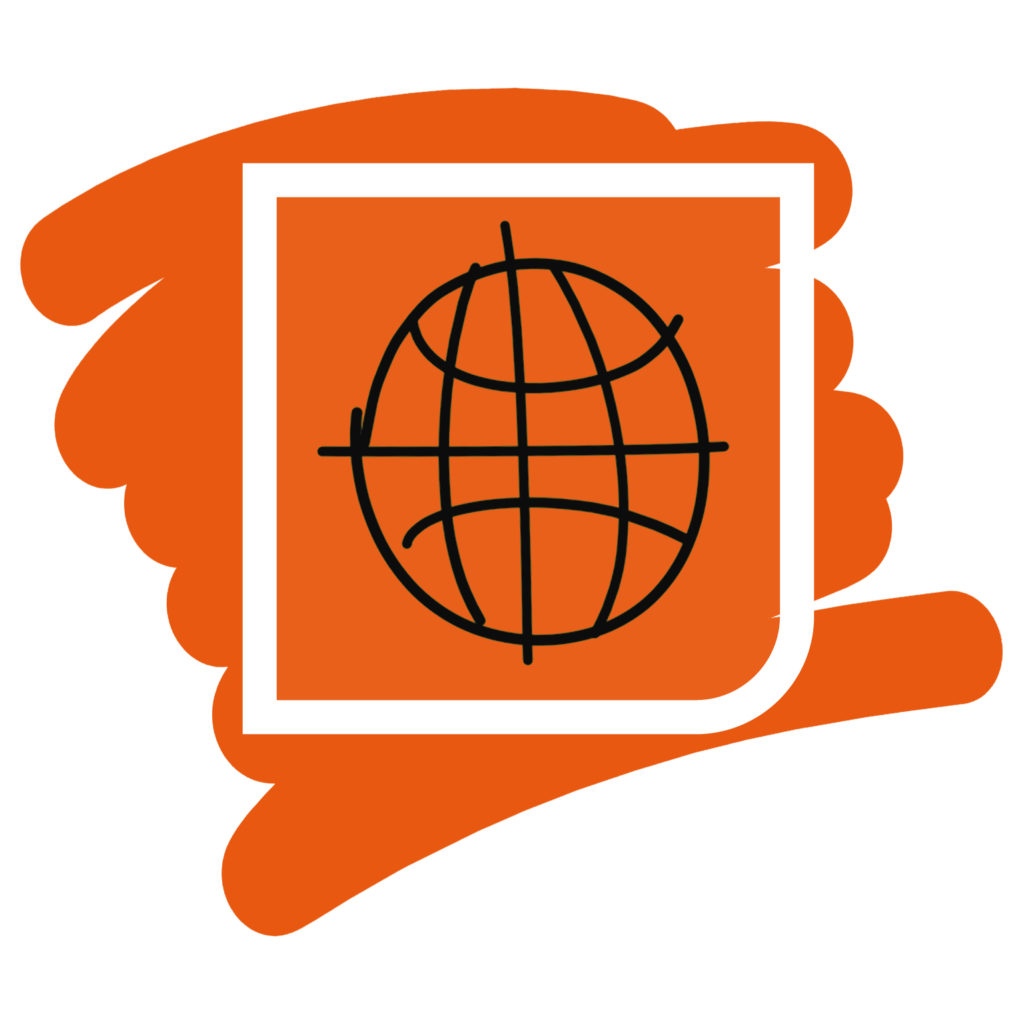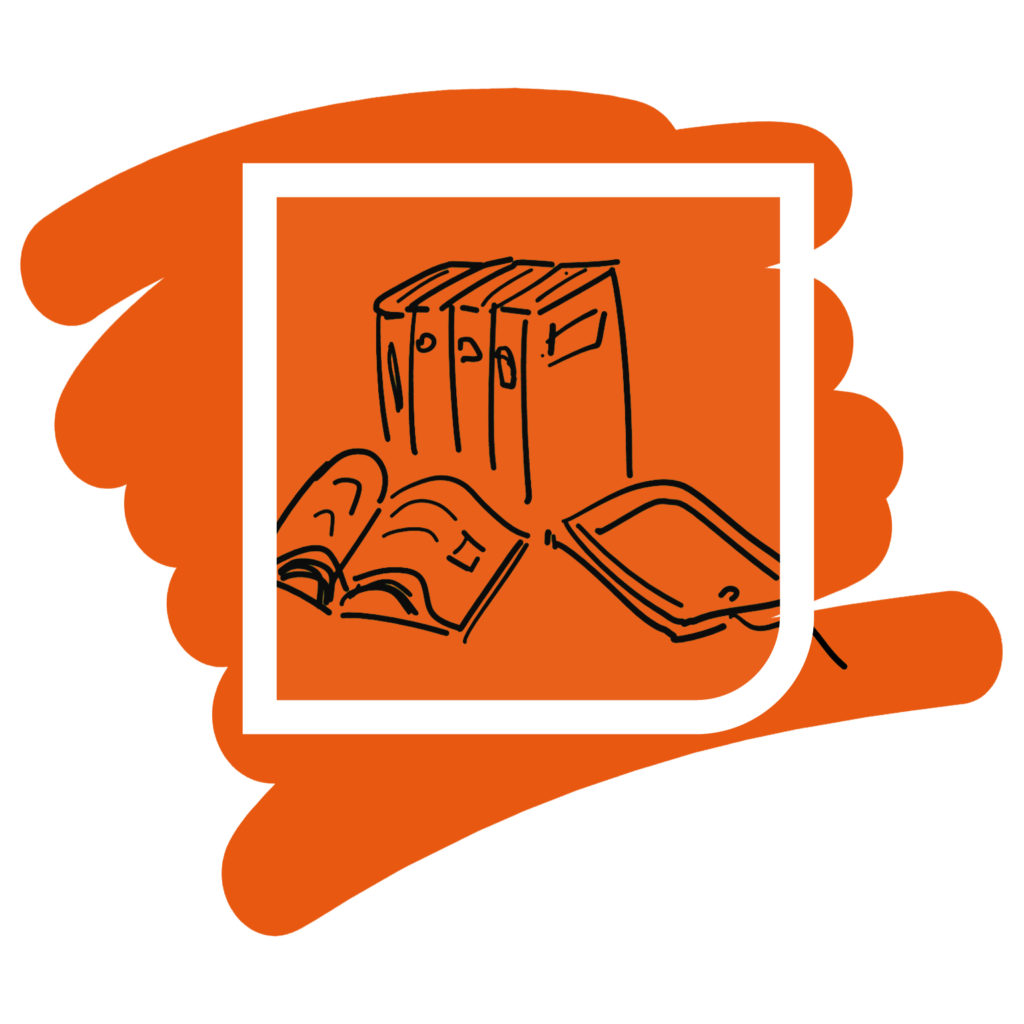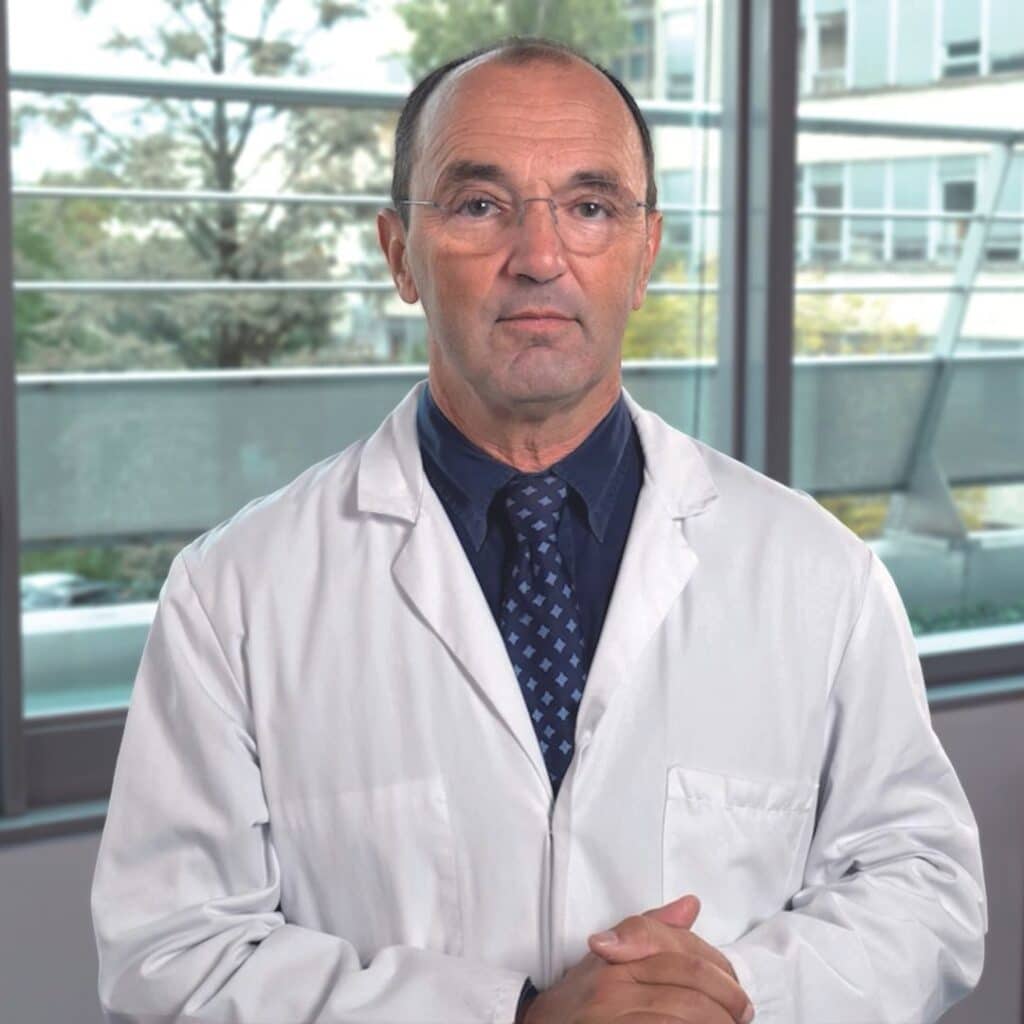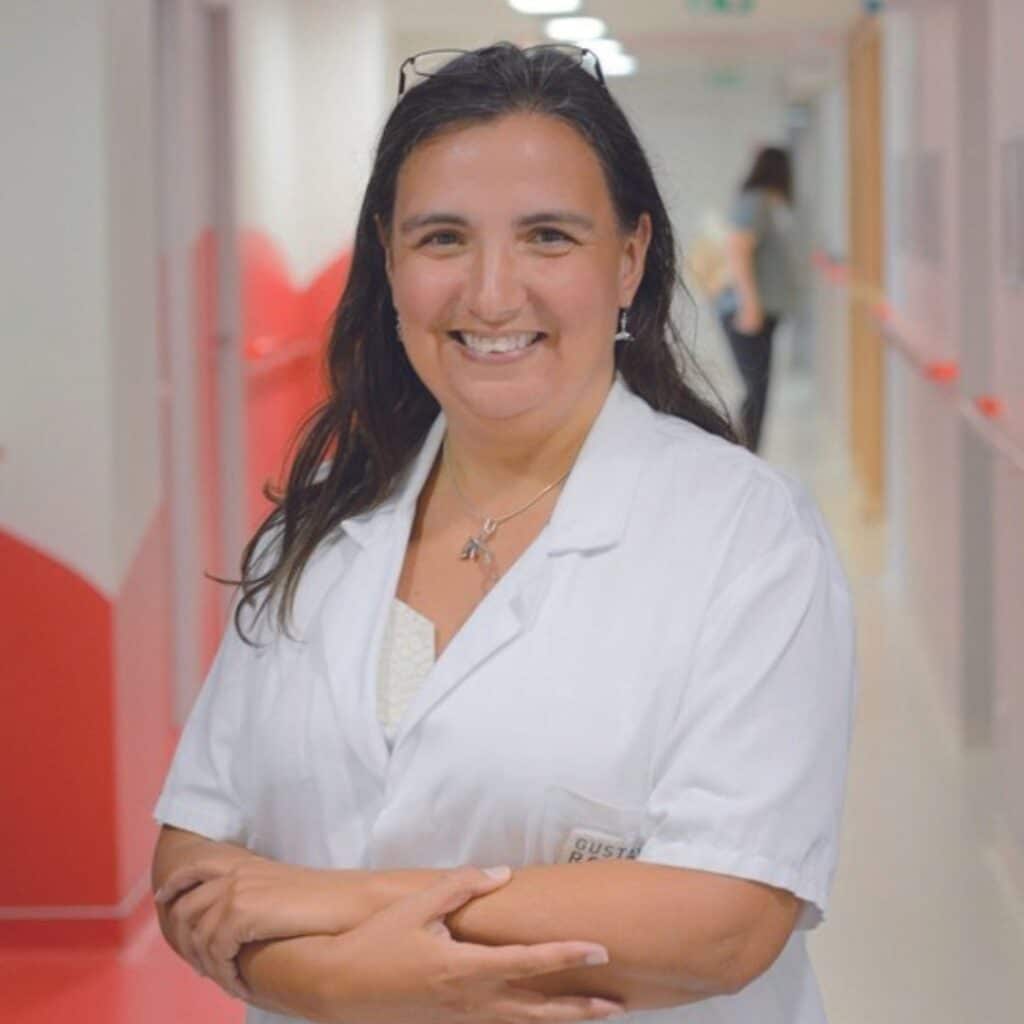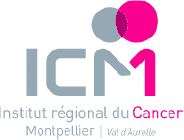SARCOME 14 – Boost Datas
Boost Datas is a national database aiming at pooling, structuring and sharing clinical, biological, imaging and transcriptomic/genomic data issued from terminated of currently on going national trials on osteosarcoma at diagnosis (OS2006, Sarcome13, MICCHADO) and relapse (OSII-TTP, MAPPYACTS, Regobone). The objective is to determine sub-classes of osteosarcomas underlined by different genetic clones and microenvironment interactions, by integrated innovative techniques for analysis. Final aim is to propose adapted follow-up and specific treatments for each osteosarcoma sub-classes.
Uterine leiomyosarcoma (uLMS) is a rare tumor, but it is the most frequent subtype of all uterine sarcomas. Although the majority of women (70-75%) have disease limited to the uterus at diagnosis, patients are at substantial risk of relapse. Adjuvant chemotherapy in uLMS is still not standard and FIGO stage is the most important prognostic factor and the only one guiding the therapeutic strategy. However, the CINSARC NanoCind® signature has been reported as a powerful prognosticator test which efficiently separates a group at high-risk of relapse from a group of Low-risk. Consequently, the question of adding adjuvant chemotherapy to conventional treatment is relevant for patients with High-Risk.
This is the objective of the L-UTECIN study which aims to demonstrate whether adding 4 cycles of post-operative chemotherapy of Doxorubicin+Trabectedin improves 3-year relapse-free survival as compared with standard management (observation) in patients with resected FIGO stage I uLMS, considered as High-Risk of relapse according to CINSARC NanoCind® signature.
SARCOME16- INTER-EWING 01
Coordinated by the University of Birmingham, the Inter-Ewing 01 study aims to improve the survival of patients newly diagnosed with Ewing sarcoma. This international study involves twelve countries and almost 900 patients, including 225 in France, are expected to take part. The study is doubly complex, due to the number of countries involved, the variety of treatment pathway options and the predominantly paediatric population concerned. The programme will compare several treatment stratégies, including innovative molecules for induction treatment, maintenance chemotherapy and radiotherapy in modalities yet to be evaluated. The Sarcoma group, with its organisation and experience of this type of project, is one of the pillars of this major and eagerly-awaited study.


